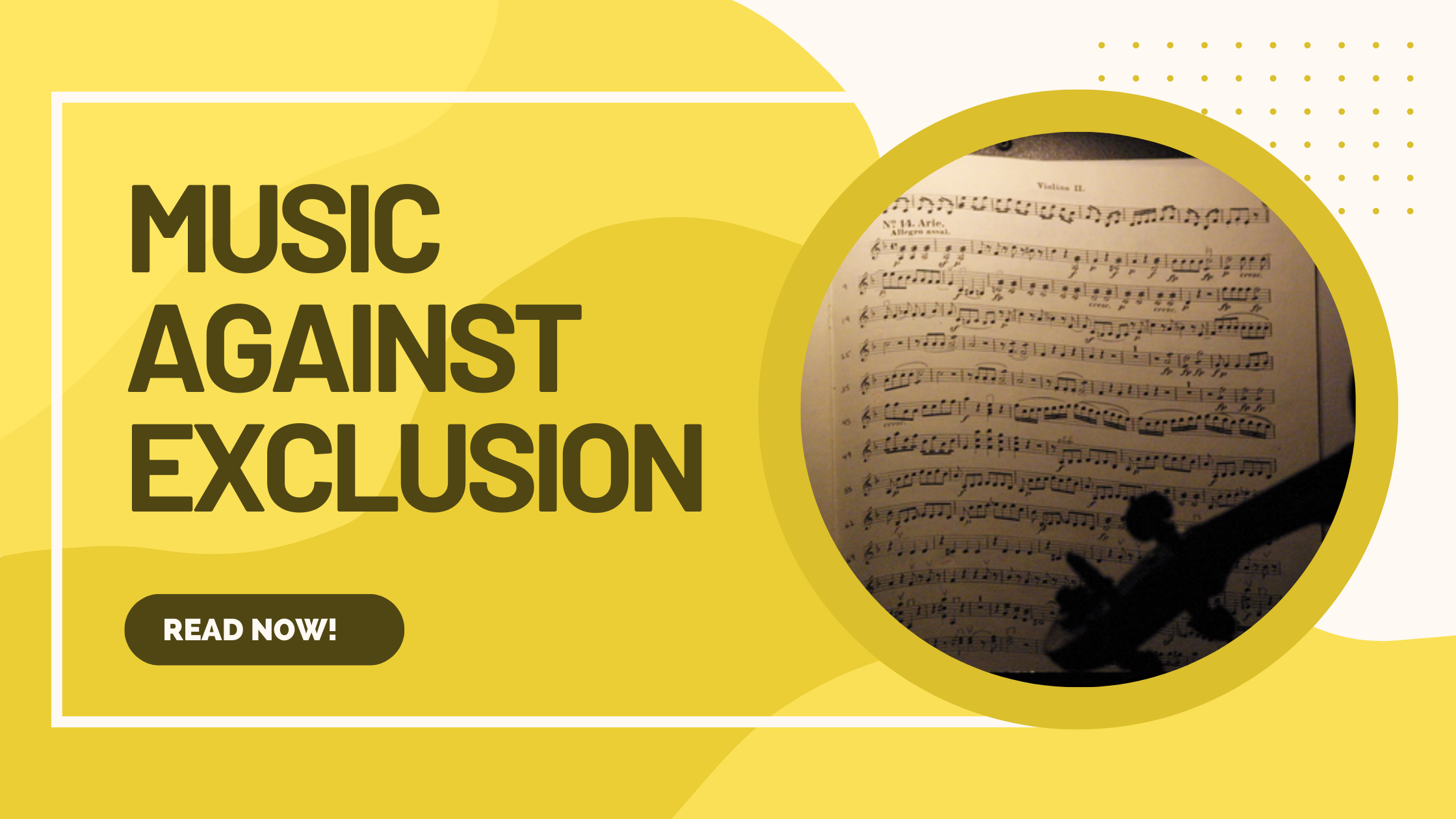United Against Exclusion

We live in a truly unprecedented time in history – over the past 80 years, mankind has developed systems that foster connectivity to an unprecedented level, and the improvement of global political, environmental, social, and cultural interaction mechanisms continues to hasten on many fronts with every passing day. The end result? A society that has almost unilaterally (barring a few exceptions) shed the antiquated “us vs. them” approach to the execution of social doctrine.
On a global scale, we can certainly point to a few key movements as the root cause for what was and continues to be a very necessary change, but let’s be honest – can we really say that centuries-old schools of thought such as the enlightenment have been the sole contributing factors to the local, day-by-day changes that we’re starting to see? Short answer, no. Long answer, and just as the perfect batter needs the quick rash of a whisk to eliminate all clumps of flour, the integration that we’ve managed to bring about today (and the improvements that we’ll carry out in the near future) can be quite easily traced back to the one thing that has you reading this post anyways – an undying love of music.
The wonders that music plays in fostering such unprecedented social inclusion can be traced back to the many aspects of music that are propagated throughout our modern society. To begin this discourse, it only seems fitting that we return to the heart of such a propagation: music education. The development of a simple music education in primary grades could not only allow one’s personality to develop in accordance with the work cited in that article, but it also allows the mindset of the young, impressionable student to experience a new set of order built on empirical standards as opposed to those governed by self-serving attitudes and discrimination. Through these experiences these students, who may come from entirely different walks of life, are provided a mechanism with which they can forget about the closed-mindedness imposed on them by external forces and contribute to a larger cause – one of pleasing melodies with harmony as opposed to mutual distrust and irrational thinking. These experiences will likely grow over the course of their individual lives, and though they may not always emerge victorious, the seed for open-mindedness and inclusion has been planted. In short, the individual battles may continuously be lost, but so long as this type of education incepts a single iota of information that may alter the individual’s mindset, the long-term ideals are well on their way to being cemented.
This sounds like a very appealing example, but let’s put this in a slightly less-rational form for a second: not everyone will take the time to philosophically consider the barriers that implicitly divide our society and inhibit our mental understanding of human interconnection (tl;dr: no one wants to). So, what do they do? They listen. Answer me this: have you ever seen a concert of your favorite artist (or classical British vocal octet) not packed to the brim? NO, you haven’t! The desire to overload one’s senses with these pleasing sounds in an atmosphere as unique and enthralling as a concert stage hardly allows for one’s inordinately closed-minded perception of entirely irrational differences to interfere with the somehow pleasing setting that their love of a particular sort of music has thrust them into. Taking this one step further, a person looking to get a chance to scream at the top of their lungs with others doing the same for the same reason is only about $50 and what’s sure to be a parking nightmare away: it’s silent social inclusion at its most effective. This is a prime example of what can be looked at as something almost like a tunnel vision effect – people don’t look at the larger picture unless they’re forced to, and once they have enough of these, their perspective begins to *slowly* open up and public opinion changes for the better.
This all boils down to the fact that change, however much we want it to, does not occur entirely through intentional decisions and rational thought. Little eye-opening events through common interests such as music are, in some way, much of what it takes to create a more equal, more just world. All we can do is be conscious of and support these initiatives, and do our part to make sure that music doesn’t become a corrupting factor in society’s mechanisms for division and controversy. Music is the cure – not the cause.

